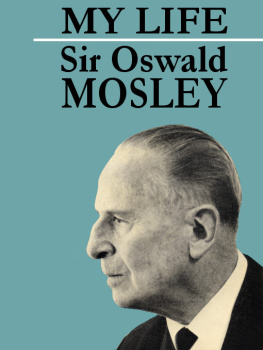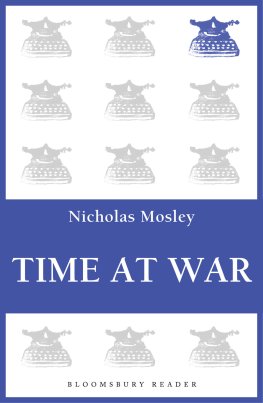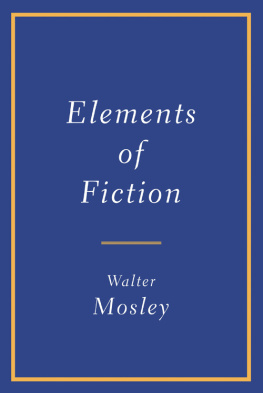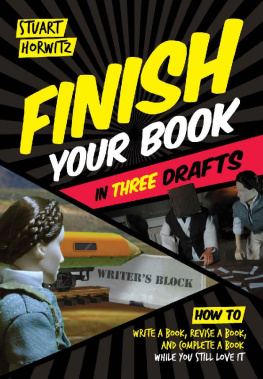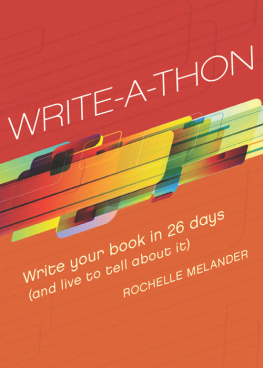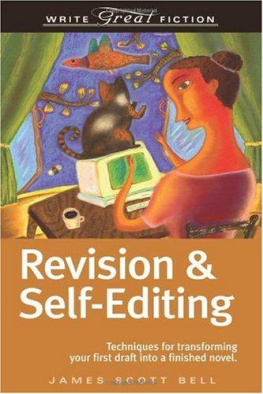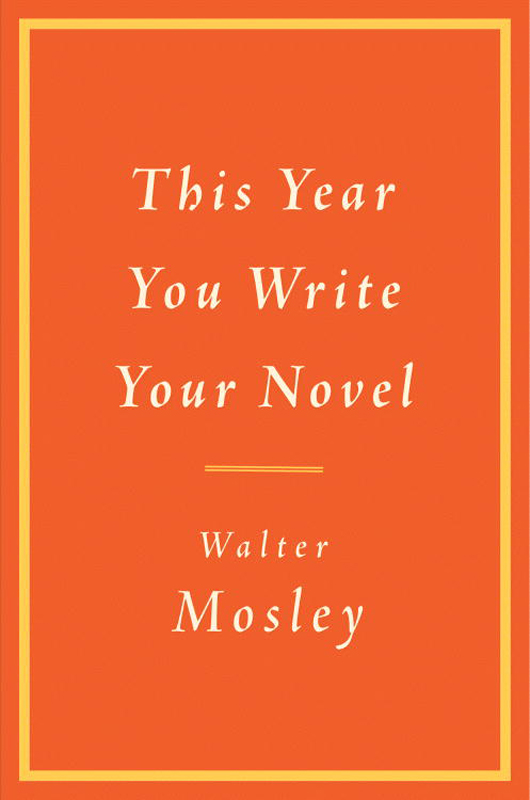Copyright 2007 by Walter Mosley
All rights reserved. Except as permitted under the U.S. Copyright Act of 1976, no part of this publication may be reproduced, distributed, or transmitted in any form or by any means, or stored in a database or retrieval system, without the prior written permission of the publisher.
Little, Brown and Company
Hachette Book Group
237 Park Avenue, New York, NY 10017
Visit our Web site at www.HachetteBookGroup.com
First eBook Edition: April 2007
ISBN: 978-0-316-04043-3
Also by Walter Mosley
Easy Rawlins Books
Devil in a Blue Dress
A Red Death
White Butterfly
Black Betty
A Little Yellow Dog
Gone Fishin
Bad Boy Brawly Brown
Six Easy Pieces
Little Scarlet
Cinnamon Kiss
Fiction
RLs Dream
Always Outnumbered, Always Outgunned
Blue Light
Walkin the Dog
Fearless Jones
Futureland
Fear Itself
The Man in My Basement
The Wave
Fortunate Son
Fear of the Dark
Killing Johnny Fry
Nonfiction
Workin on the Chain Gang
What Next: A Memoir Toward World Peace
Life Out of Context
In memory of William Matthews
Im writing this book as a guide for anyone who wishes to commit themselves to the task of beginning and completing a novel within a years time. Here I will give you all the knowledge I have about writing, and rewriting, fiction.
Writing a novel is not nearly as difficult as some people would make it out to be. Anyone who communicates verbally, or by sign, is a writer of sorts. Any manager, mother, counselor, teacher, or guy who hangs out on the corner telling tall tales is a writer-in-waiting.
What I will try to point out in the following pages is how you can redirect your natural abilities at communication into creative prose.
But before we begin our journey, I have to present you with a few caveats concerning the goal.
First, I am fairly certain that anyone who reads this book, and who applies its lessons with tenacity, will be able to produce a complete draft of a short novel. I emphasize the word short because I doubt if many first-time novelists will be able to complete a draft of some equivalent to Bleak House or War and Peace within the requisite time. I dont promise a masterpiece, just a durable first novel of a certain length (let us say fifty to sixty thousand words).
Second, I am not promising that you will, necessarily, produce a book that is destined to be snapped up by the publishing world. It may be that you have the right story and the right words to interest a publisher. It might be that you have written a beautiful piece that no one is interested in. And, of course, your first attempt as a fiction writer might not come up to the standard set by the industry.
I cant promise you worldly success, but I can say that if you follow the path I lay out here, you will experience the personal satisfaction of having written a novel. And from that point, anything is possible.
The body of this book is broken up into five essential sections. It starts out with the general disciplines and attitudes that a writer of fiction must adopt. These practices will see you past many of the emotional, intellectual, and psychological restraints that come to bear on almost every writer.
Next I will give an exhaustive explanation of the elements of fiction writing. Here I will talk about plot and story, character and character development, showing versus telling, and narrative voice. This section will be capped off with a discussion of poetry and how important that discipline is to any writer. These are the tools of the writer of fiction; without them, the story you wish to tell will lose its way and founder.
After presenting you with these tools, I will give you some choices about how you might start your book. I will also talk about the process of writing, explaining how to create a first draftpretty much painlessly.
After learning how to go about writing and studying the tools with which to accomplish this task, you will find out about editing, which is another term for rewriting. Rewriting is the most important job for the novelist; this is where the real work begins. The first draft is little more than an outline of the novel you wish to write. Rewriting is where you make the story into song.
After this music lesson, we talk about the miscellaneous topics of genre, publishing, and aesthetics.
Once you read these few pages, I believe that you will be prepared to write a book of your own. From that point on, all youll need is the desire and the will to write your novel.
The General Disciplines That Every Writer Needs
writing every day
The first thing you have to know about writing is that it is something you must do every dayevery morning or every night, whatever time it is that you have. Ideally, the time you decide on is also the time when you do your best work.
There are two reasons for this rule: getting the work done and connecting with your unconscious mind.
If you want to finish this novel of yours within a year, you have to get to work! Theres not a moment to lose. Theres no time to wait for inspiration. Getting your words down on the page takes time. How much? I write three hours every morning. Its the first thing I do, Monday through Sunday, fifty-two weeks a year. Some days I miss but rarely does this happen more than once a month. Writing is a serious enterprise that takes a certain amount of constancy and rigor.
But will and regularity are only the beginnings of the discipline and rewards that daily writing will mean for you.
The most important thing Ive found about writing is that it is primarily an unconscious activity. What do I mean by this? I mean that a novel is larger than your head (or conscious mind). The connections, moods, metaphors, and experiences that you call up while writing will come from a place deep inside you. Sometimes you will wonder who wrote those words. Sometimes you will be swept up by a fevered passion relating a convoluted journey through your protagonists ragged heart. These moments are when you have connected to some deep place within you, a place that harbors the zeal that made you want to write to begin with.
The way you get to this unconscious place is by writing every day. Or not even writing. Some days you may be rewriting, rereading, or just sitting there scrolling back and forth through the text. This is enough to bring you back into the dream of your story.
What, you ask, is the dream of a story? This is a mood and a continent of thought below your conscious minda place that you get closer to with each foray into the words and worlds of your novel.
You may have spent only an hour and a half working on the book, but the rest of the day will be rife with motive moments in your unconsciousnessmoments in your mind, which will be mulling over the places your words have touched. While you sleep, mountains are moving deep within your psyche. When you wake up and return to the book, you will be amazed by the realization that you are further along than when you left off yesterday.
If you skip a day or more between your writing sessions, your mind will drift away from these deep moments of your story. You will find that youll have to slog back to a place that would have been easily attained if only you wrote every day.
Some days you will sit down and nothing will comethats all right. Some days youll wish you had given yourself more timethats okay too. You can always pick up tomorrow where you left off today.


